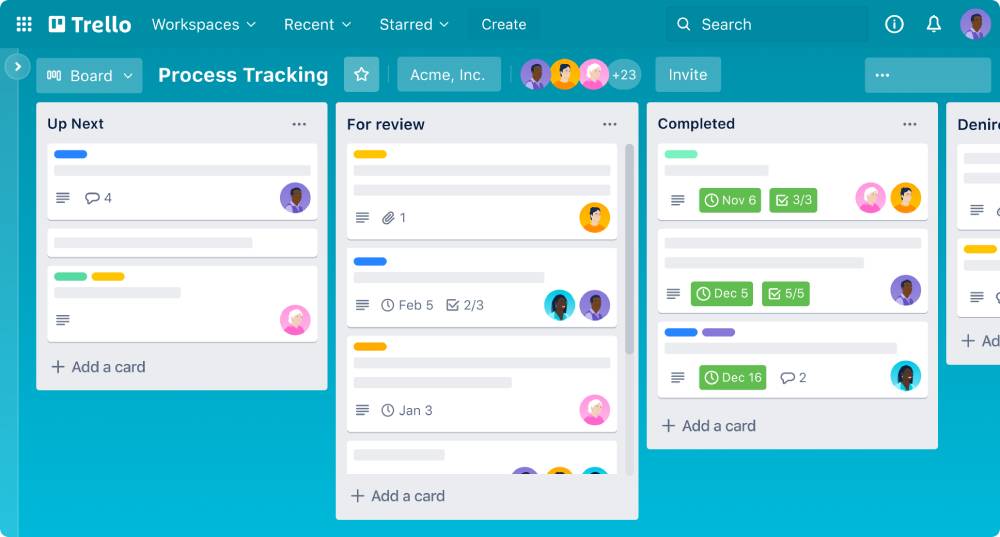
Study Buddy Systems: Finding the Right Match
Whether you’re preparing for exams, handling a heavy course load, or trying to stay motivated, a study buddy can make a big difference. Finding the right match is essential for success.
Perhaps you’ve faced a group project where someone ghosted the team. Or maybe you studied with someone who spent more time on their phone than on the material. We’ve all experienced this. The good news? With some effort, the right learning partner can help you understand better, stay focused, and hold you accountable.
In this blog, we’ll discuss what makes a successful study buddy system, how to find your ideal match, and tips for maximising your partnership. Whether you’re new to group learning or refining your strategy, you’re in the right place.
Why a Study Buddy Works
Ever wondered why it’s easier to stick to a workout when you have a gym partner? Studying operates similarly.
The Psychology Behind Peer Learning
Research shows that peer learning boosts understanding. Students explain concepts, ask questions, and solve problems together. Studying with a buddy uses different learning modes. You read, speak, listen, and teach. This helps boost memory and understanding.
Research in the Journal of Educational Psychology shows that students who learn together often do better than those who study on their own. This is especially true in analytical subjects.
The Power of Study Accountability
It’s harder to procrastinate when someone else relies on you. A learning partner adds a layer of accountability — not a heavy kind, but a mutual agreement: “I’ll show up if you do.” This shared commitment often keeps motivation high, even during tough times.
Finding the Right Study Buddy

Not every friend makes a great study buddy — that’s okay. Aim for compatibility, not just closeness.
What to Look for in a Good Learning Partner
Here’s a quick checklist to help you find a great study buddy:
- Similar academic goals: Are you both aiming for high grades or just passing?
- Complementary strengths: One might excel at essay writing while the other handles multiple-choice questions well.
- Compatible schedules: If one prefers mornings and the other is a night owl, a meeting may be tough.
- Shared study style: Do you prefer quiet study or lively discussions? Notes or flashcards?
You don’t need to match on everything — just enough to create a good rhythm.
Where to Find Your Ideal Study Match
Not sure where to start? Here are some ideas:
- Course forums or WhatsApp groups: Post a message looking for a study buddy for a specific topic.
- Library meetups: If you see someone studying the same material, start a conversation. Try going to locations where you could actually find a study buddy.
- University peer matching services: Some schools offer peer tutoring or learning partner programs.
- Online platforms: Sites like GoConqr, Study Together, or Reddit have threads for finding study buddies.
Tip: Try a few sessions before committing. It’s fine to say, “This isn’t working” — no hard feelings!
Making the Most of Your Study Buddy Sessions
Getting together is just the first step. What you do together matters more.
Set Clear Expectations
Before diving into study materials, discuss how you want your partnership to work:
- How often will you meet?
- Will sessions be online or in person?
- Will you split topics or study the same material?
- Do you want to quiz each other or just discuss concepts?
Having these conversations early helps avoid miscommunication later.
Use a Shared Study Plan
Create a simple shared calendar or Google Doc to:
- List topics for each week
- Track progress and tricky areas
- Add resources (like helpful videos, notes, or readings)
This keeps you both aligned and structures your sessions.
Mix It Up With Different Formats
Not every session has to be the same. Keep things fresh by rotating activities:
- Quiz each other with flashcards
- Teach-back sessions, where one explains a topic to the other
- Silent study time followed by a recap
- Mock tests under timed conditions
- Brainstorm essay ideas together
This variety engages different learning methods and makes studying more enjoyable.
Real-Life Study Buddy Success Stories
Hearing success stories can inspire you.
Case Study 1: Emma & Zara – The Flashcard Queens
Emma struggled with anatomy terms, while Zara needed help with case studies. They met through their university’s study matching program and began meeting weekly over coffee. They created shared flashcard decks using Quizlet and quizzed each other. Emma got better at recall, and Zara learned study structures from Emma’s explanations. By exam time, both improved from average grades to distinctions.
Case Study 2: James & Luke – Online Accountability Partners
Studying remotely from different cities, James and Luke connected through a Reddit forum. They set up weekly Zoom calls. During these calls, they reviewed their revisions. They also spent the last 10 minutes asking each other questions. Even without meeting in person, their regular check-ins helped them stay on track, especially during exam weeks.
Common Mistakes to Avoid

Even well-matched study buddies can make mistakes. Here’s what to watch out for:
1. Turning Sessions Into Social Time
It’s easy to chat about everything but studies. A quick catch-up is fine — just set a timer to stay focused.
2. Lack of Structure
“Let’s just study” isn’t a plan. Each session should have clear goals, like reviewing chapters or completing practice questions.
3. Uneven Contribution
If one person always drives the sessions, resentment can grow. Keep things balanced by rotating tasks, like who leads the summary.
4. Ignoring Compatibility Issues
If it’s not working, it’s okay to talk honestly or part ways. Value your study time and avoid ineffective sessions.
Tools and Apps to Support Your Study Buddy System

The right tools can streamline your partnership. Here are a few favourites:
- Google Docs/Sheets: Share notes, build revision trackers, or plan session agendas together.
- Zoom or Microsoft Teams: For remote sessions with screen sharing.
- Quizlet: Great for building and sharing flashcard sets.
- Trello: Use boards to map out your revision plan and track tasks.
- Forest: Stay focused by growing a virtual tree during study sessions.
Pro tip: Set up a shared folder on Google Drive or Dropbox so everything’s organised.
Study Smarter, Not Harder — Together

Finding the right study buddy is more than a productivity hack — it brings motivation, focus, and even a bit of fun to your learning. When you find a compatible learning partner, you share goals, encouragement, and accountability. That’s powerful.
Whether you’re starting your academic journey or enhancing your approach, a good study buddy system can help you study smarter, not harder.
So here’s your challenge: reach out to someone this week — a classmate, an online peer, or a friend — and see if they’d like to try a study session. You might be surprised how much more enjoyable (and effective) learning can be with someone by your side.
What’s your experience with study buddies? Got tips or stories to share? Comment below — let’s learn from each other! If you found this post helpful, share it with fellow students. Happy studying!


